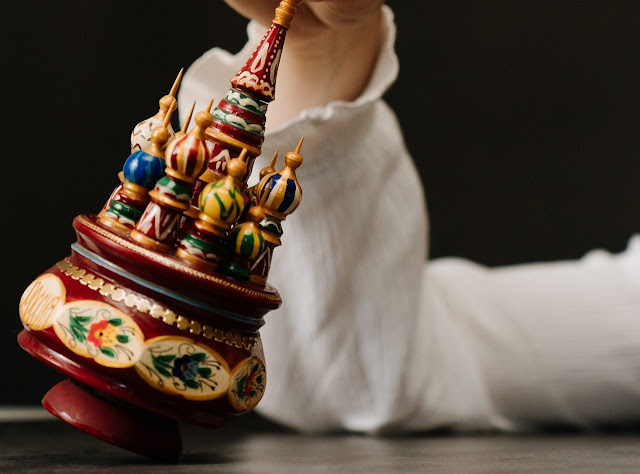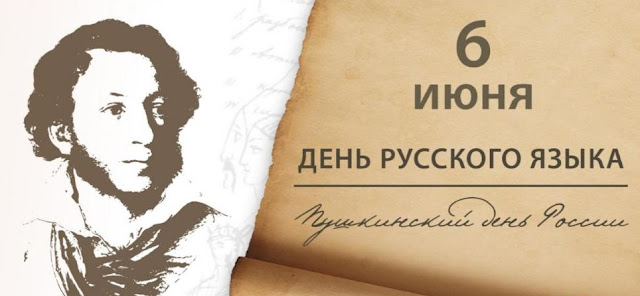Showing posts with label mind maps. Show all posts
Showing posts with label mind maps. Show all posts
Winter idioms
Do you know how many words and phrases there are in your native language?
Can you imagine how many words and expressions there are in Russian?
I wonder how many expressions you can name on the topic "Winter"?
Let's remember together the set expressions, proverbs and sayings, idioms on the winter theme.
Idiomatic phrases → pets
Do you have a pet? Who is it: a dog, a cat, a fish, a parrot? Or someone else?
In this article, we will study idioms that contain the names of some pets. Learning to understand and properly use idioms together to make progress.

Idiomatic phrases → with words "лицо", "нос", "рот" and others.
Every language has phrases that have additional meanings. We call such phrases idiomatic, or idioms.
Of course, the topic 'Idioms' is very difficult. But we are sure that this is an interesting and useful topic. If you know, understand and speak the idioms correctly, then you can be proud of yourself.
Of course, the topic 'Idioms' is very difficult. But we are sure that this is an interesting and useful topic. If you know, understand and speak the idioms correctly, then you can be proud of yourself.

Idiomatic phrases → with word "глаза".
Russian people like when foreigners speak Russian. And if foreigners speak Russian idiomatic phrases, then it is doubly pleasant.
Of course, the topic 'Idioms' is very difficult. But we are sure that this is an interesting and useful topic. If you know, understand and speak the idioms correctly, then you can be proud of yourself.
Of course, the topic 'Idioms' is very difficult. But we are sure that this is an interesting and useful topic. If you know, understand and speak the idioms correctly, then you can be proud of yourself.

Idiomatic phrases → with word "голова".
Everyone are happy to hear when foreigners speak their beautiful native language. And if foreigners know idiomatic phrases, then it's even more pleased. Of course, the topic 'Idioms' is very difficult, but it is an interesting and useful. If you know, understand and speak the idioms correctly, then you can be proud of yourself.

"Great and powerful" Russian language and Alexander Pushkin
The popularity of the Russian language is growing every day. People of all generations and all nationalities are increasingly showing interest to the Russian language.
Today we want to talk about the Day of Russian language - June 6. This holiday has appeared not so long ago - since 2011. And since 1997 this day was celebrated Pushkin's Day - the birthday of the famous Russian poet and writer, who in fact created the modern literary Russian language.
"Pushkin: The Last Duel" (2006, directed by Natalia Bondarchuk) is a Russian film about the last days of the writer's life. A fascinating story with a political version of the duel.
Pushkin and Natalya had 4 children (2 boys and 2 girls) - Maria, Alexander, Gregory and Natalia . Today the last direct descendant (on the male line) of the writer - Alexander Pushkin - lives in Belgium.
Some more facts about Alexander Pushkin ↙
Some facts about the Russian language
Russian language is one of the East Slavic languages, in the sixth place in the world's distribution and the state language of Russia.- about 260 million people speak Russian, including 137.5 million people from Russia;
- one of the UN working languages (together with English, French, Spanish, Chinese and Arabic);
- state and official language not only in Russia, but also in Belarus, Kazakhstan, Kyrgyzstan, Abkhazia, Moldova, Romania;
- in space they speak Russian (!) and all astronauts must know the Russian language;
- on the second place on the Internet;
- one of the most difficult languages for learning (not even every Russian competently speak Russian);
- "great and powerful", as well as "truthful and free" these words wrote Ivan Turgenev (Russian writer of the 18th century) about Russian language.
Until the 18th century, in the Russian Empire, the Russian language was spoken mostly by poor people, peasants and merchants, noblemen and rich people sought to speak French. But Pushkin wrote his works exclusively in Russian and tried to use foreign words less. Perhaps, that's why Alexander Sergeevich is considered to be the founder of the modern literary Russian language. ;)
Some words about Alexander Sergeevich Pushkin (1799 - 1837)
There are many books, articles, stories and memories about famous writer. We tried to collect the most interesting facts from the writer's life.
- wrote poems, novels, stories, plays and fairy tales (more than 800 works in 37 years of life!);
- was born in Moscow, but he named St. Petersburg as his native and beloved city;
- he knew and spoke many languages - French, Greek, Latin, German;
- loved gambling and dueling - in total Pushkin participated in 27 duels and basically he himself called out rivals;
"Pushkin: The Last Duel" (2006, directed by Natalia Bondarchuk) is a Russian film about the last days of the writer's life. A fascinating story with a political version of the duel.
- Pushkin met Natalia Goncharova in 1828, a Moscow beauty and his future wife, when she was 16 years old.
Pushkin and Natalya had 4 children (2 boys and 2 girls) - Maria, Alexander, Gregory and Natalia . Today the last direct descendant (on the male line) of the writer - Alexander Pushkin - lives in Belgium.
Some more facts about Alexander Pushkin ↙
Pictures from pixabay.com, yandex.ru.
👉
Russian














